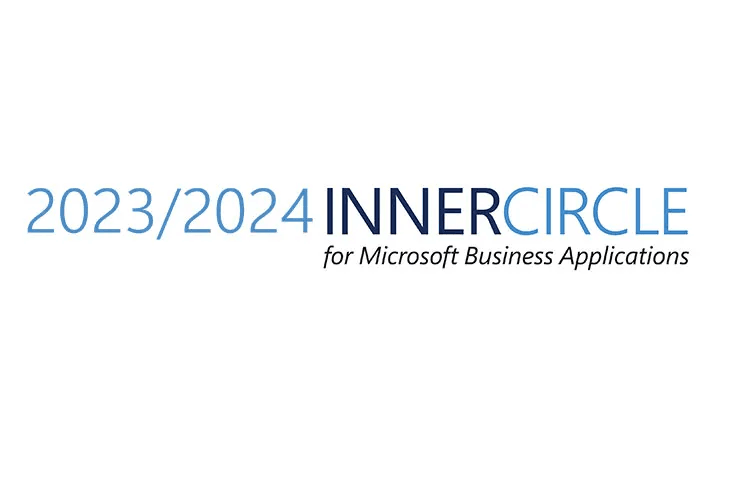
Microsoft's Dynamics 365 product family is on a course for the cloud. Microsoft partners who have so far been focusing on classic software rollouts in companies will have to change gears. But that will take a lot of effort. Not every solution can be migrated to the cloud cost-effectively. It is also necessary to develop new business models and establish new distribution channels. This could lead to market consolidation, which would benefit larger software companies in particular. The COSMO CONSULT Group will also make the majority of its industry and special solutions available in the cloud and AppSource by the end of the year.
Even if traditional on-premises installations have initially maintained their high level of market share in the ERP- and CRM field, the COVID19 crisis is reinforcing the trend of moving business software to the cloud. In addition to cost savings and security considerations, flexibility is a decisive factor: Those who run their business software in the cloud can react faster to unforeseen events. New requirements such as having employees work from home can be met more easily with online solutions. Microsoft recognized this development early on and has embraced the cloud systematically for its Dynamics 365 product family. The “cloud first strategy" is changing the company and its partners, whose job it is to implement Microsoft's business software on-site for companies. In order to switch to the cloud, it is necessary to go to great lengths to migrate the product portfolio, develop new business models and establish sales channels. At the same time, the requirements in terms of product development are increasing.
Market consolidation in sector-specific and add-on modules
Business solutions in corporate data centers may have been around for a very long time, but different rules apply in the public cloud. To take advantage of economies of scale, make maintenance more efficient and increase security, all users work with the latest release. This forces partners like the COSMO CONSULT Group to constantly update their individual and sector-specific solutions. After all, companies should be able to put together the configuration that they want themselves in App Source - Microsoft's business-world equivalent to App Store and Google Play. This requires that in terms of technology the individual components are at the same level. "In practice, this means providing minor updates monthly and a major update at least every six months. Especially for smaller partners, this raises the question of how cost-effective product development can be. If distribution levels are low, this development effort is hardly worthwhile", says Daniel Schmid, Chief Portfolio Officer at COSMO CONSULT. The digital marketplace also ensures greater transparency and competition. If users do research and install suitable extensions themselves, customer loyalty could even decline.
All sector-specific solutions will be in the cloud soon
Schmid believes that partners with a broad solution portfolio and high development capacity should benefit from the development in the long term: "The cloud and App Source are leading to market consolidation. Software providers that do not port their solutions to the cloud will have to look for alternatives to the solutions they have used up to now for customers who want to migrate. At the same time, App Source increases the visibility of our products online." COSMO CONSULT is migrating all sector-specific solutions and almost all additional modules into the cloud. By the end of the first half of 2020, it was already possible to book 22 solutions for Microsoft Dynamics ERP and CRM in Microsoft’s AppSource.
Almost all other the modules will be added by the end of the year. This makes it possible to make COSMO CONSULT’s solution portfolio available in the cloud within a very short time. "The high numbers underscore the central importance of the cloud for our overall strategy. It is not only about migrating existing solutions, but also about new developments. Our customers expect holistically integrated industry solutions in which there are no longer system boundaries between ERP, CRM and BI, for example. And especially in areas such as data & analytics and intelligent ERP we are working on modern, future-oriented technologies. These include intelligent self-services that organize the transfer of knowledge and support users in their everyday lives," says Schmid.
Keywords
More similar news articles
Found what you were looking for?
Start your intelligent search now




